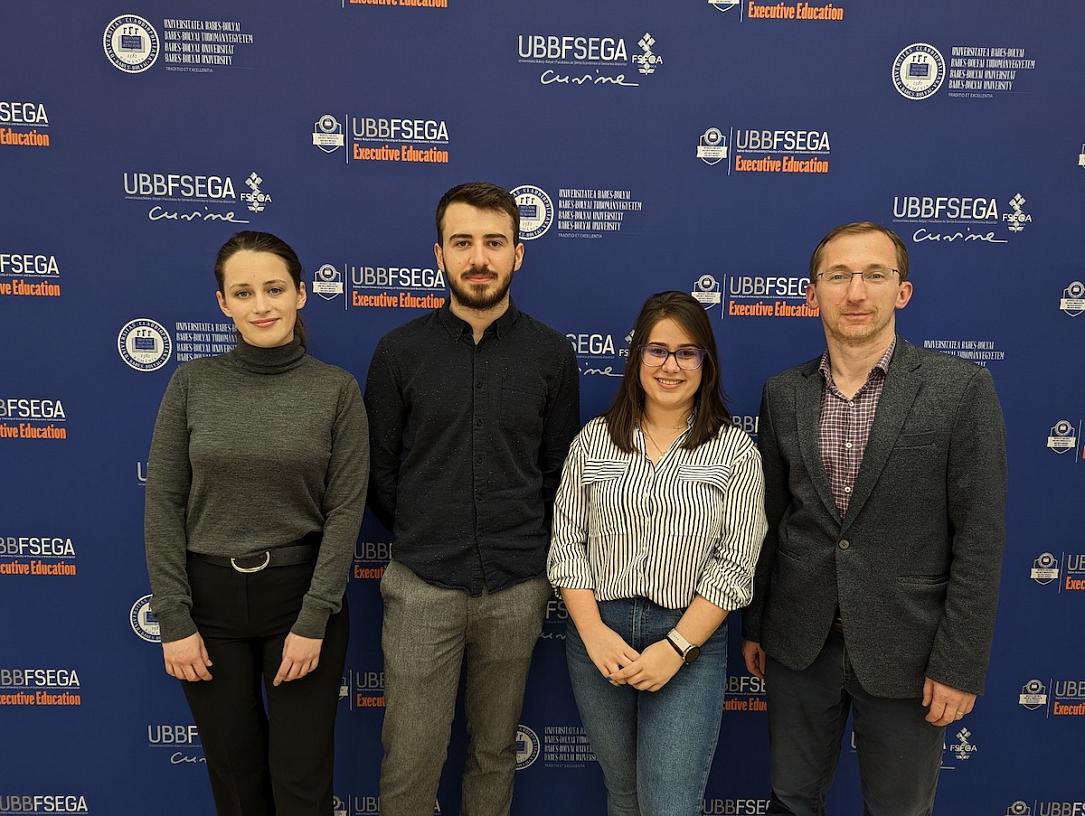Romanian student team among winners of 2023 SAS Curiosity Cup global competition



Three students from the Babeș-Bolyai University (UBB) of Cluj-Napoca, Romania, have been selected among the big winners of SAS Curiosity Cup, a global competition of real-world analytics skills. Marian-Lucian Coțolan, Adina Tilea and Bianca-Nicoleta Marian are the three members of the winning T(h)ree Sentinel team.
The Romanian team won first place in the Data Analysis category, where it competed alongside nine other teams from around the world. The subject of their research was the classification of satellite images to detect deforestation in the Carpathian Mountains.
Professor Daniel David, a rector of Babeș-Bolyai University, commented: "UBB's academic model focuses on the idea of generating advanced knowledge through scientific research and, in this process, to educate students and generate innovative applications for society. This result confirms that the model is working well and that UBB students are well educated to be generators of knowledge and innovations in society."
"For us, participating in the SAS Curiosity Cup was an amazing experience, and we are thrilled to have reached the point where we can deliver this message. Winning the competition's Data Analysis category is an outstanding achievement for our team; it boosted our confidence and validated our data analytics skills and expertise," the three students said, quoted in the press release.
"Each of us used our data analysis skills to think of a solution to the ongoing problem of deforestation. During the competition, we were able to demonstrate collaboration, analytical thinking and innovation skills," they added.
The T(h)ree Sentinel team's research was based on two datasets containing satellite images: one with images from the Amazon watershed and another containing images from four regions of interest in the Carpathian Mountains collected by the Sentinel-2 satellite. The images were pre-processed and resized for use in two classification systems: a Convolutional Neural Network (CNN) based on the SAS Viya platform and a carefully calibrated ResNet50 model prepared in Python.
The three students believe that the working method used in their project can represent a starting point for Romanian forest monitoring systems. The technology can supplement the monitoring done on the ground and contribute to reducing deforestation. Also, local or national authorities can use such a system to quickly identify critical areas where significant deforestation occurs to implement legal measures.
irina.marica@romania-insider.com
(Photo source: PR)